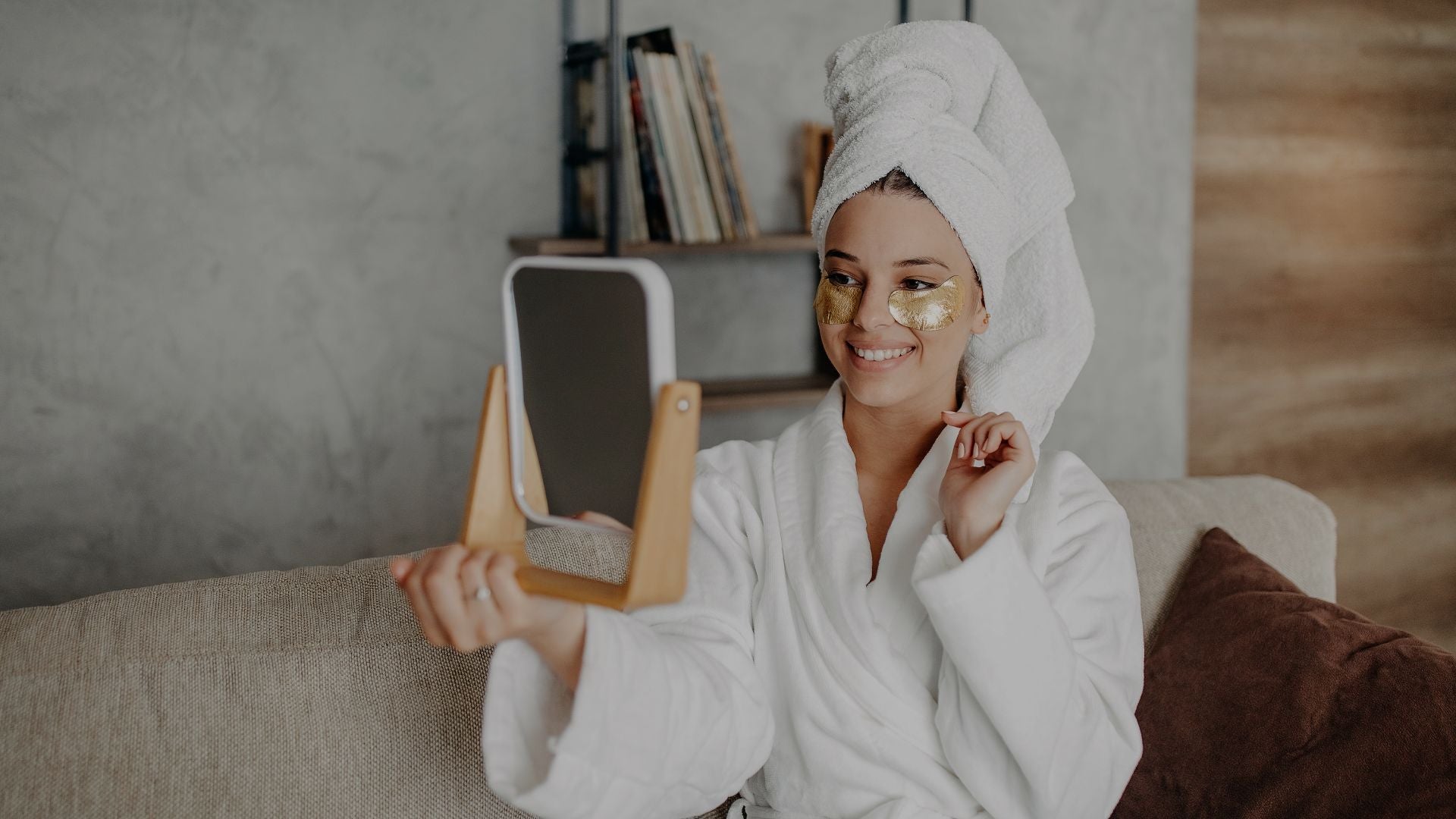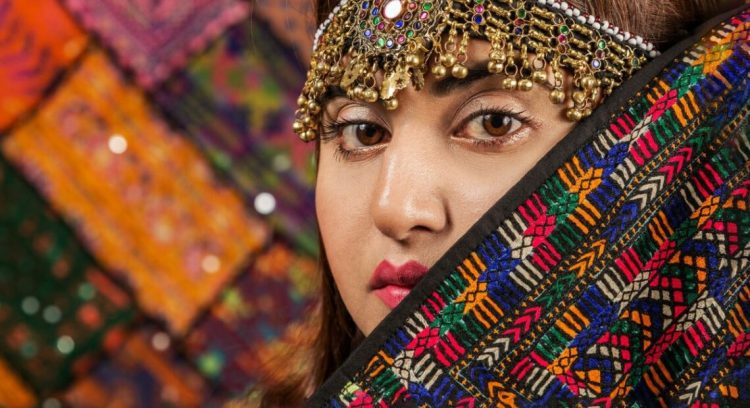Beauty is not just skin-deep—it’s a reflection of the mind, body, and soul. In a world obsessed with the next skincare miracle or cosmetic innovation, it’s easy to forget that true beauty goes beyond the products we apply to our skin. But what if we told you that beauty starts long before any serum or lotion touches your face? Let’s explore the many layers of beauty and why it’s about so much more than skin-deep.
The Surface-Level Beauty Myth: Skincare and Cosmetics
In the age of Instagram and TikTok, beauty has become synonymous with skincare routines, makeup hacks, and endless beauty product shelves. With the rise of influencers and beauty gurus, it’s easy to assume that a flawless complexion and perfectly sculpted features are the ultimate benchmarks of beauty. Skincare brands market their products with promises of ageless skin, glowing radiance, and the magic of “perfect skin,” all wrapped up in fancy packaging.
But is this really all there is to beauty? If we strip away the layers of makeup and serums, are we still beautiful? The truth is, while skincare and cosmetics can enhance our external appearance, they only represent a small portion of what beauty truly encompasses.
The Power of the Mind: Inner Beauty and Self-Perception
When we speak of beauty, the conversation can’t exclude the profound influence of mental health and self-esteem. What you think about yourself—how you perceive your worth—has a significant impact on how others perceive you. Confidence and self-love radiate outward, contributing to a certain magnetism that makeup can’t replicate.
Inner beauty often starts with cultivating a positive mindset. Someone who feels empowered and confident in their own skin tends to exude a natural charm and grace. Mental well-being is key to developing a sense of beauty that transcends what’s visible on the outside. Moreover, positive emotions and thoughts can even have a physiological impact, influencing factors like skin health, posture, and overall vitality.
Studies have shown that when people feel good about themselves, they often carry themselves differently—standing taller, smiling more, and interacting with others in a way that enhances their attractiveness. This intangible quality is what we often refer to as “inner beauty.”

Holistic Beauty: The Role of Diet, Exercise, and Lifestyle
True beauty isn’t just something you create with a foundation brush—it’s built over time with good habits, balanced nutrition, and a healthy lifestyle. You’ve heard the saying, “You are what you eat,” and this couldn’t be truer when it comes to beauty. The food we consume plays a vital role in the health of our skin, hair, and nails.
Antioxidant-rich foods, such as berries, leafy greens, and nuts, help fight free radicals that damage the skin and promote aging. Omega-3 fatty acids, found in fish like salmon, nourish the skin and provide hydration, while vitamins like C, E, and A are essential for collagen production and skin regeneration.
Exercise also plays a significant role in holistic beauty. Regular physical activity boosts circulation, delivering oxygen and nutrients to the skin, which results in a healthy glow. Sweating during exercise also helps detoxify the body, purging toxins from the skin and leaving it clearer and more radiant.
In addition to diet and exercise, quality sleep is often overlooked in discussions of beauty. Sleep allows your body to repair itself, and your skin, the body’s largest organ, benefits greatly from this restorative process. Without adequate sleep, the skin can appear dull, tired, and more prone to blemishes and wrinkles.
The Emotional Aspect: How Connection and Relationships Shape Beauty
Beauty is not only about physical appearance—it’s deeply influenced by our emotional connections and relationships. Humans are social creatures, and the way we connect with others plays a profound role in how we experience beauty.
For example, when we are loved, supported, and respected, our self-worth tends to flourish. These emotional bonds provide a sense of security that allows us to express ourselves authentically. Being in healthy relationships often brings out the best in us, highlighting our natural beauty in ways that no amount of makeup can do.
Research has shown that people are often perceived as more attractive when they are emotionally balanced and in fulfilling relationships. It’s as if happiness and contentment act as a natural filter that enhances a person’s features. On the other hand, stress, anxiety, and negative emotions can affect your physical appearance—leading to premature aging, dull skin, or even acne outbreaks.
The Cultural and Societal Context of Beauty
Beauty standards are not universal; they are shaped by cultural norms, societal expectations, and historical trends. What is considered beautiful in one culture may not hold the same weight in another. For example, Western beauty ideals often emphasize slimness, clear skin, and specific facial features, while other cultures may prioritize different attributes like fuller figures or unique skin tones.
In today’s globalized world, social media has led to a homogenization of beauty standards, with influencers, models, and celebrities often dictating what’s considered beautiful. However, the rise of body positivity movements and the increasing demand for diversity in the fashion and beauty industries is challenging traditional norms. This shift is reminding us that beauty is not confined to a narrow definition—it’s a dynamic concept that can’t be boxed into one ideal.

Sustainable Beauty: The Shift Toward Eco-Friendly and Ethical Practices
In recent years, there has been a growing movement towards sustainability in the beauty industry. Consumers are becoming more aware of the environmental impact of their beauty products, pushing brands to adopt eco-friendly packaging, cruelty-free practices, and more ethical sourcing of ingredients.
Sustainable beauty emphasizes that beauty is not just about how we look—it’s also about how we treat the planet and its resources. Brands that prioritize sustainability often consider the long-term effects of their actions, ensuring that the beauty we enjoy today doesn’t come at the expense of future generations.
This shift toward sustainability also taps into a broader concept of beauty that includes mindfulness and responsibility. It’s a recognition that true beauty is not only about looking good but also about doing good.
Conclusion: Embracing a Broader Definition of Beauty
Beauty is undeniably more than what we put on our skin. While skincare and cosmetics can enhance our appearance, they are only a small part of the equation. Inner beauty, self-confidence, a healthy lifestyle, emotional well-being, and our connections with others all play a significant role in shaping our overall beauty.
The definition of beauty has evolved beyond the traditional standards of perfection. It now encompasses a holistic approach that celebrates individuality, diversity, and authenticity. True beauty is multi-dimensional, and it reflects the harmony between mind, body, and spirit. By focusing on a balanced lifestyle, nurturing our inner selves, and embracing our uniqueness, we can experience a beauty that goes far beyond the surface.












































